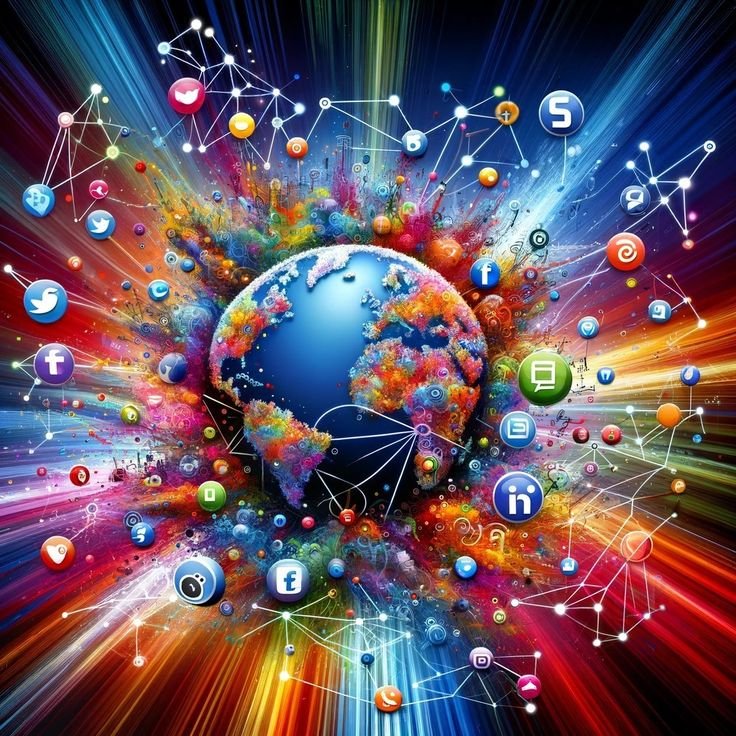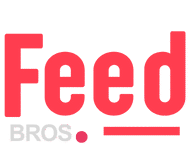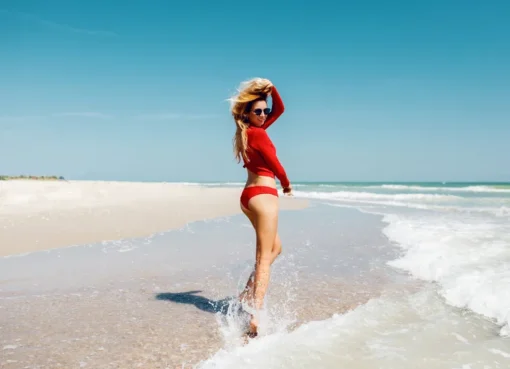The Biggest Internet Culture Moments You Missed This Year

Online culture continues to move at a staggering pace, creating moments that dominate headlines, influence behavior, and shape conversations. For those who couldn’t keep up, here are the most impactful internet culture events from the past year — each with context and significance.
1. The Rise of NPC Livestreaming
TikTok saw a surge in “NPC livestreaming,” where creators act like non-player characters while viewers send virtual gifts to trigger scripted reactions. This trend sparked debates about authenticity, monetization ethics, and the blurring line between performance and personal expression.
2. AI-Generated Celebrity Deepfakes Go Viral
AI tools created hyper-realistic videos of public figures saying or doing things they never did. While some were harmless memes, others raised concerns over misinformation and digital consent, prompting platforms to strengthen their detection policies.
3. Threads Launches and Disrupts the Social Media Landscape
Meta launched Threads as a competitor to X (formerly Twitter), drawing millions of users in its first week. Its clean interface and integration with Instagram attracted early adopters, though debates about its long-term viability persist.
4. Barbenheimer Dominates Memes and Box Offices
The simultaneous release of Barbie and Oppenheimer became a cultural phenomenon. Memes about the stark contrast between the two movies fueled engagement across platforms, illustrating how internet humor can amplify traditional media events.
5. Viral AI-Generated Art Sparks Backlash
Users flocked to tools like Midjourney and DALL·E to produce striking visual art, but criticism over copyright infringement, biased outputs, and the devaluation of human artists led to heated discussions and some creators boycotting these platforms.
6. Unexpected Celebrity Collaborations Capture Attention
Collaborations between unlikely public figures — like a viral fast-food campaign featuring musicians and esports influencers — demonstrated how internet-driven partnerships can cut through noise and resonate with diverse audiences.
7. The Return of Long-Form Content
Amid short-form video dominance, platforms like YouTube saw renewed interest in documentaries, deep dives, and video essays. This shift reflected a growing appetite for substantive storytelling alongside bite-sized entertainment.
8. Digital Protests Against Algorithm Changes
Major creators and communities staged online protests against perceived harmful algorithm updates on platforms like Reddit and Instagram. These movements brought attention to how algorithmic decisions can disrupt livelihoods and user experiences.
9. Hyperlocal Memes and Community Humor
City- and neighborhood-specific memes gained traction as users sought relatable, localized content. Accounts focusing on regional humor grew rapidly, showing the internet’s ability to foster connection beyond global trends.
10. Gamified Fitness Apps Capture Gen Z
Apps blending gaming elements with physical activity — such as competitive step challenges and AR-based outdoor adventures — exploded in popularity, driven by viral TikTok challenges and influencer endorsements.
Final Thoughts
These internet culture moments highlight how digital trends reflect broader societal shifts, technological innovation, and collective creativity. Staying aware of such developments can help individuals and brands engage meaningfully in online conversations.
If you’d like, I can also craft a meta description, a keyword strategy, and internal linking plan to enhance SEO further. Let me know!



